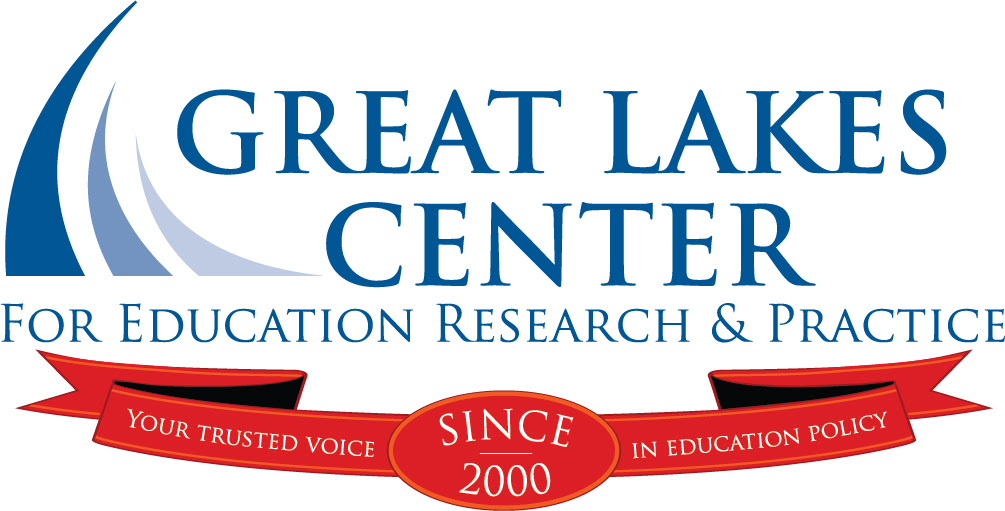A “Think Twice” review of a think tank report from the folks at the National Education Policy Center. The charter school and school choice aspects are important for readers of this space.
Inside Look Great Lakes Center’s exclusive subscriber email featuring key points, information and social media content about reviews and research
Hello, Great Lakes Center subscriber:
Schools and states have long assessed the right organizational structure that supports good schools for all students. One popular reform strategy is the “portfolio” approach, which involves autonomy, accountability and choice, giving schools greater authority over budget, staffing and curriculum decisions.Denver Public Schools adopted the portfolio approach in 2007 and has seen enrollment growth and academic gains. The Center for Education Policy Analysis at the School of Public Affairs at the University of Colorado Denver released a report that proclaims the improvements were caused by the portfolio strategy. However, a review of the report found specific policy prescriptions from the report are premature.Read on to learn more.
Maddie Fennell
Executive Director
Great Lakes Center for Education Research and Practice
REPORT REVIEWED
WHAT THE REVIEWER FOUND
Read the full review on the Great Lakes Center website or on the National Education Policy Center website.
WHY YOU SHOULD CARE
The academic outcomes in Denver Public Schools are meaningful, but before clear policies that are actionable in other districts, more study is needed on the nature of the reforms, including what else is happening in the district and the ways different communities and groups experience the reforms. It’s possible the schools lost democratic governance and oversight, provided more resources to already-privileged schools, and had marginalized students falling through the cracks because of barriers to accessing the best schools. Schools would have a hard time replicating the reforms and achieving similar outcomes, because it’s unclear if the outcomes were due to the reforms.
TALKING POINTS TO REMEMBER
- A report on academic gains made in Denver Public Schools argues the improvements are due to the district’s use of a portfolio approach, though a review of the report found that’s a premature conclusion.
- Other changes beyond portfolio reforms were happening in the district simultaneously that could have impacted the academic results.
- The report should not be used for policymaking without further study of the exact impacts of the portfolio approach.
SOCIAL SHARES
Want to share this Think Twice Review with your social networks? We drafted some sample social media posts for your use.
Academic improvements at @dps_k12 may be due to its switch to an approach that gives schools more autonomy but may also see marginalized students fall through the cracks because of barriers to accessing the best schools.
A report from @CUDenverSPA argues academic gains in Denver Public Schools are due to the use of a portfolio approach, but a review of the report found that’s a premature conclusion. Read the review:
Copyright © 2019 Great Lakes Center for Education Research & Practice, All rights reserved.
You are receiving this email because you opted in via our website.Our mailing address is:
Great Lakes Center for Education Research & Practice
PO Box 1263
East Lansing, MI 48826-1263








 12 Unique Blogs Are Written By Professors
12 Unique Blogs Are Written By Professors
Leave a comment